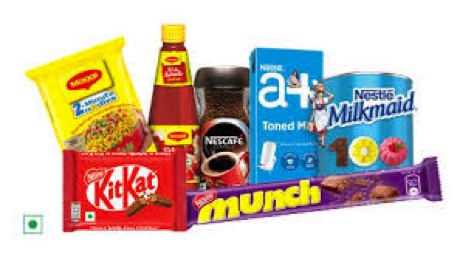As input prices, which were benign for a few quarters, turn inflationary, the spectre of shrinking packs looms large within the fast-moving consumer goods (FMCG) segment. This summer has seen the trend make its way back, albeit slowly, and in select categories. Companies have been cautious when reducing pack sizes, describing the move as a way to democratise consumption and tap into newer consumer segments.
Consider this: Bottled water brand Clear, popular at events, summits, conferences, etc., has been aggressively pushing its 200-ml pack (priced at Rs 6) into retail outlets of late, positioning it as a convenient, on-the-go consumption unit that can easily be held in one’s hand, fit into a purse, carry bag or shoulder bag.
While the 200-ml Clear pack is popular in the HoReCa (hotel, restaurant, catering) segment, within retail outlets, it is smaller when compared to nearest competitor Bisleri. The smallest pack of Bisleri is a 250-ml bottle, also priced at `6, implying that Clear’s bottle is 20% smaller in size at the same price point, retailers that FE spoke to said.
Parle Agro, popular for its Frooti and Appy beverage brands, launched a 65-ml ‘Mini Frooti’ pack in April at `5, highlighting its tiffin-friendly size in a new ad campaign featuring actor and brand ambassador Alia Bhatt.
Ankit Kapoor, head of marketing and international business at Parle Agro, says that `5 remains an important price point in the impulse category. And the launch of a ‘Mini Frooti’ tetrapak was intended to target value-seeking consumers at that price point.
Prior to this, the company had launched its flavoured milk brand Smoodh at `10 for an 85-ml pack, which is less than half the size of nearest rival Amul Kool, that retails at `20 for a 180-ml pack within stores. The aim, the company said, was to aggressively recruit consumers at a lower price point.
“Companies are being cautious with shrinking packs because there is a danger that consumers could actually turn away from the brand if the size is too small,” N Chandramouli, chief executive officer at TRA Research, a Mumbai-based advisory and insights firm, said.



























